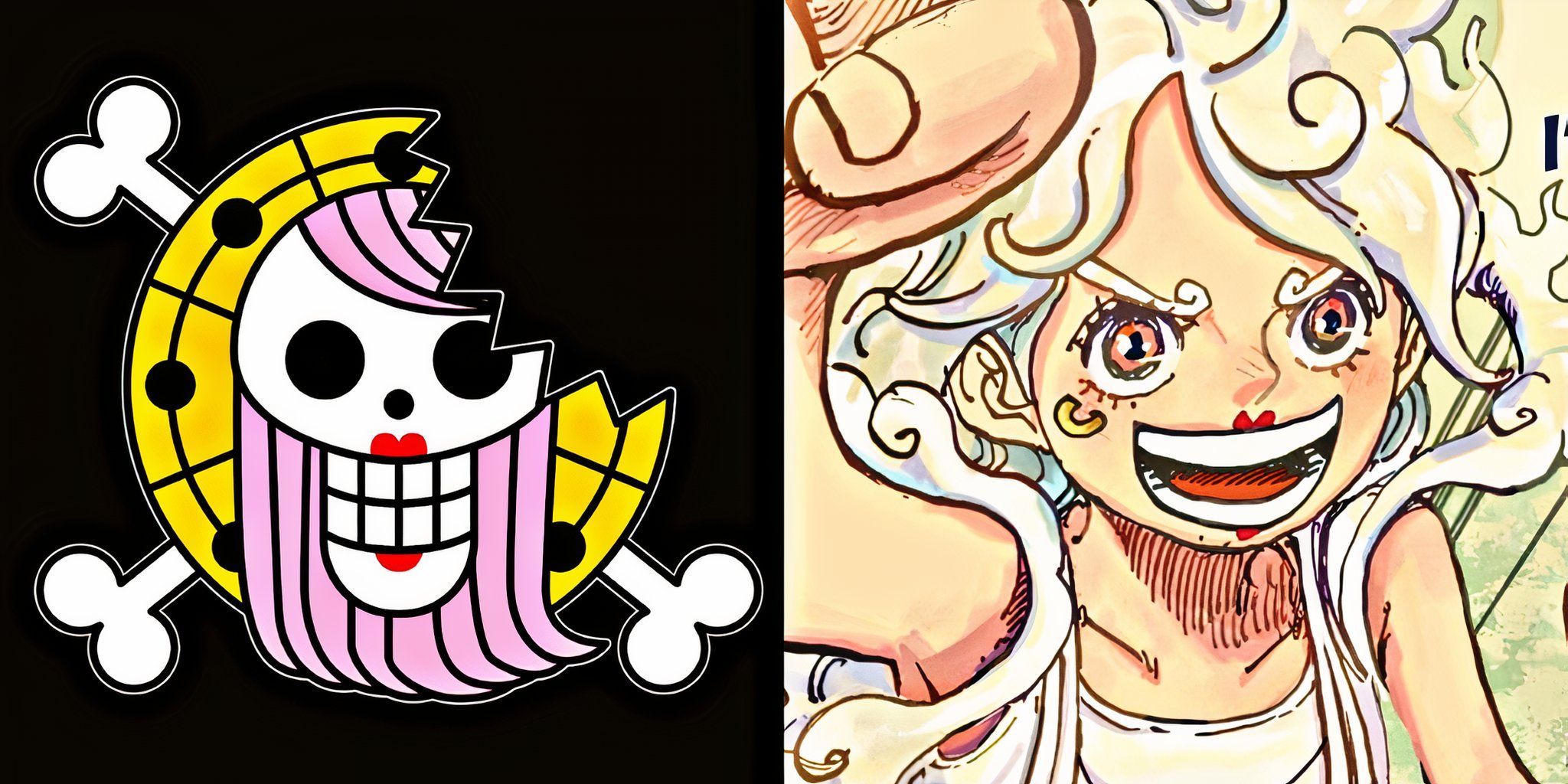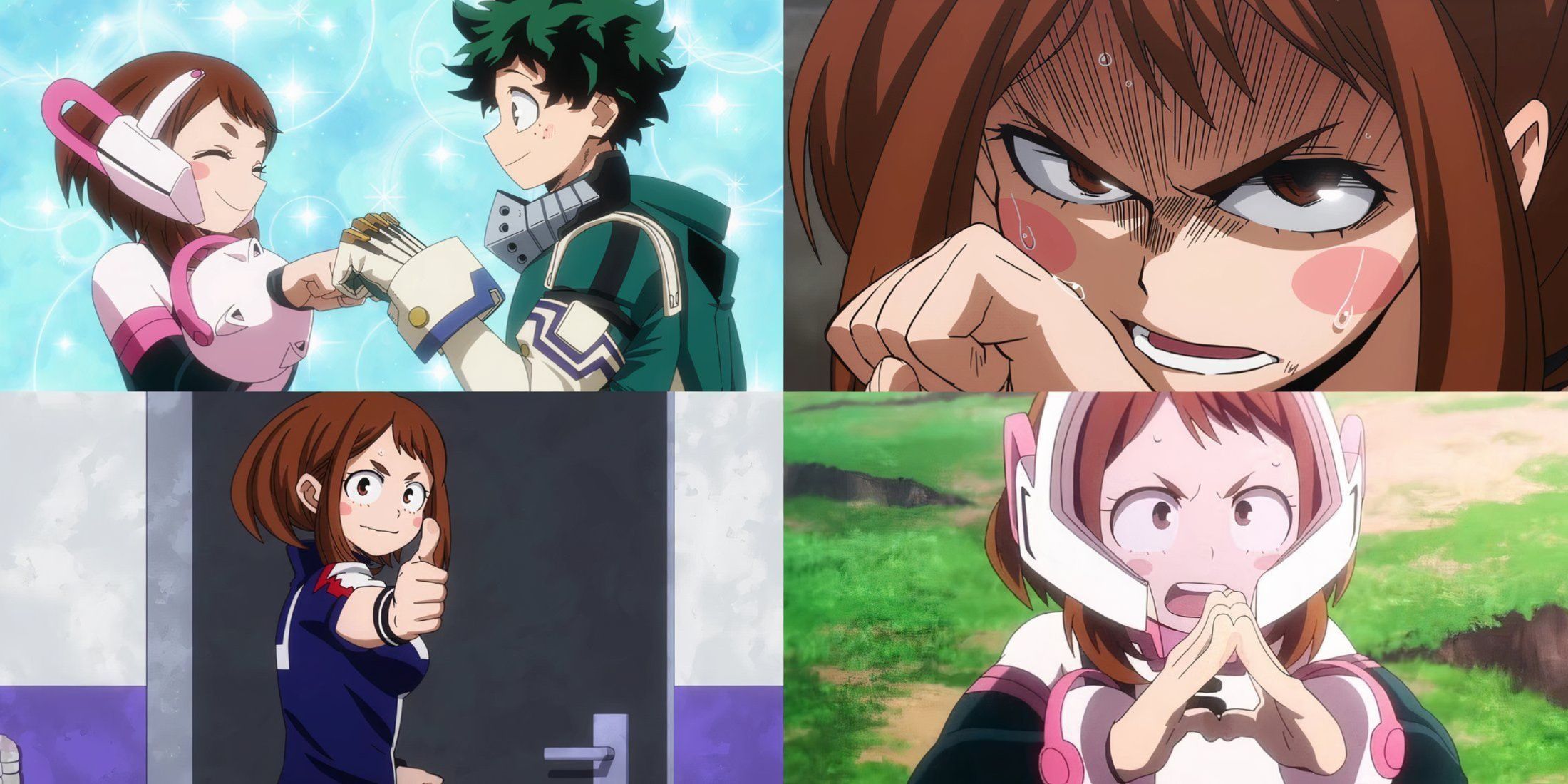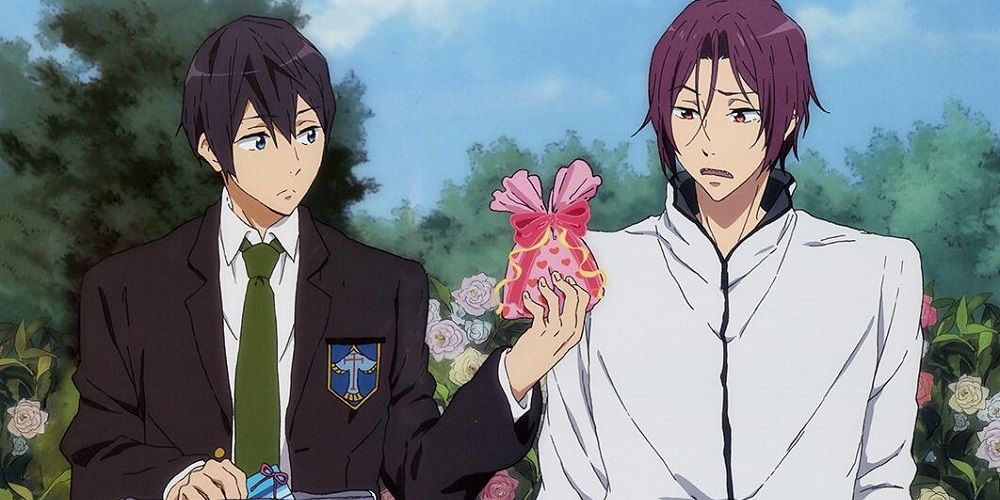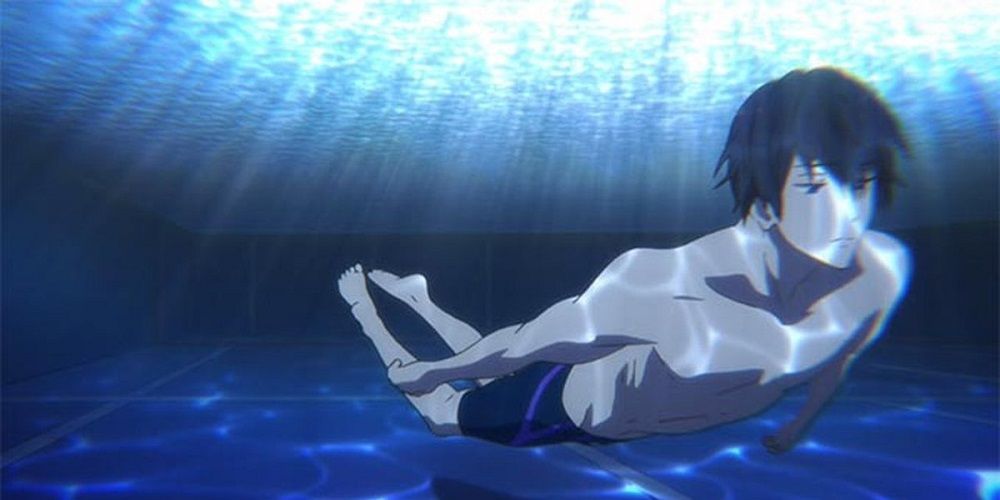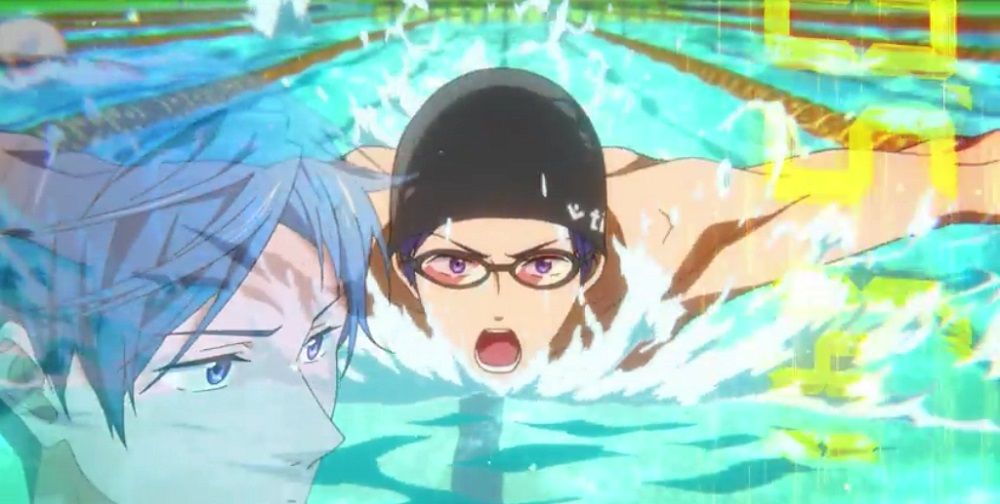Free! Iwatobi Swim Club is a highly popularized sports-shonen anime, produced and serialized by Kyoto Animation. Soon after airing in 2013, the series garnered an immense fanbase in a short span of time, coming as a surprise to many considering how the show comes off as a simple slice-of-life anime at face value. However, the show features one element where it stands out – lots and lots of fanservice.
Fanservice is a concept present in almost every shonen anime out there, and a few subtle scenes here and there aren’t that much of a big deal. Free! Iwatobi Swim Club, on the other hand, takes this concept a bit too far, taking away the focus from the actual plot at hand – at least that’s what it seems at first. While it may be true that the anime features a number of scenes with Haruka and his friends flaunting their fine physiques, the show also has several other features that make up for the risqué, shifting the focus towards a much deeper message.
Rekindling Old Friendships
One of the major themes of the anime revolves around reawakening old friendships that had been lost to time. The prime example here is that of Haruka Nanase and Rin Matsuoka, as their friendship turns into a bitter rivalry when they meet each other after years of growing apart. After swimming against his old friends in a relay medley, Rin finally reawakens his passion – for both swimming and his bond with Haruka.
The same is the case with Ikuya Kirishima, Haruka’s friend from Junior High that he had a falling out with. Despite Ikuya still being bitter about their Junior High swim team breaking apart, he finds a way to move past his differences with Haruka after competing against him in a swimming competition. The show offers a glimpse into how friends can grow apart over time, and how easy it is to rekindle that flame by making amends.
Pursuit of Goals
Unlike other sports anime that revolves around a championship, Free! takes a different approach by offering a perspective based in reality. An important focus of the plot is how the main characters see their goals and motives, and how these change throughout the series as the characters mature.
This is evident from the drastic change in Haruka’s attitude towards his future, as he remains pretty nonchalant throughout the first season. He even loses his motivation to swim competitively at one point in the series, but a trip to Sydney with Rin changes that, where he witnesses the Australian National Team’s swimmers. Once he returns to Japan, his passion for the sport rekindles as he takes a decision to pursue swimming competitively.
Other characters also realize their true goals throughout the series, such as Makoto Tachibana, who shifts his career path from becoming a swimming instructor to a personal trainer. For Makoto, being a swimming instructor had been a lifelong goal, but when faced with the reality that he no longer feels the same way about the career path, he faces a daunting dilemma. However, taking this step allowed him to move forward and pursue something he actually wanted to do – a lesson that is quite useful in real life.
Overcoming Personal Insecurities
The anime goes far beyond simply exploring the friendships and aspirations of the characters, as it also takes a deeper stance, looking into the personal insecurities and psychological challenges that the characters face. The most recurring theme is Rin and Haruka’s insecurities when they witness other swimmers that possess skills much superior to theirs.
Makoto’s irrational fear of the ocean is another issue the show delves into several times, while Sosuke’s career-ending shoulder injury is another aspect of the show that sheds light onto the character’s vulnerabilities. Rei Ryugazaki has his fair shares of psychological setbacks as well, especially when he joins the Iwatobi swim club with no prior experience in swimming. Feeling incompetent and subpar, Rei deals with his insecurities and works on himself and his butterfly strokes, eventually overcoming the looming emotion.
As Free! moves deeper into the darker sides of these fragile emotions and mature themes, the anime becomes all the more relatable, making the characters seem more realistic and interesting. Furthermore, these complexities in the characters and the show’s plot makes the anime even more well-rounded, as it adds deeper perspective to the rifts between their friendships and the hardships they have to overcome. All in all, calling Free! Iwatobi Swim Club a mere fanservice anime would be an injustice to this carefully crafted complex series.

